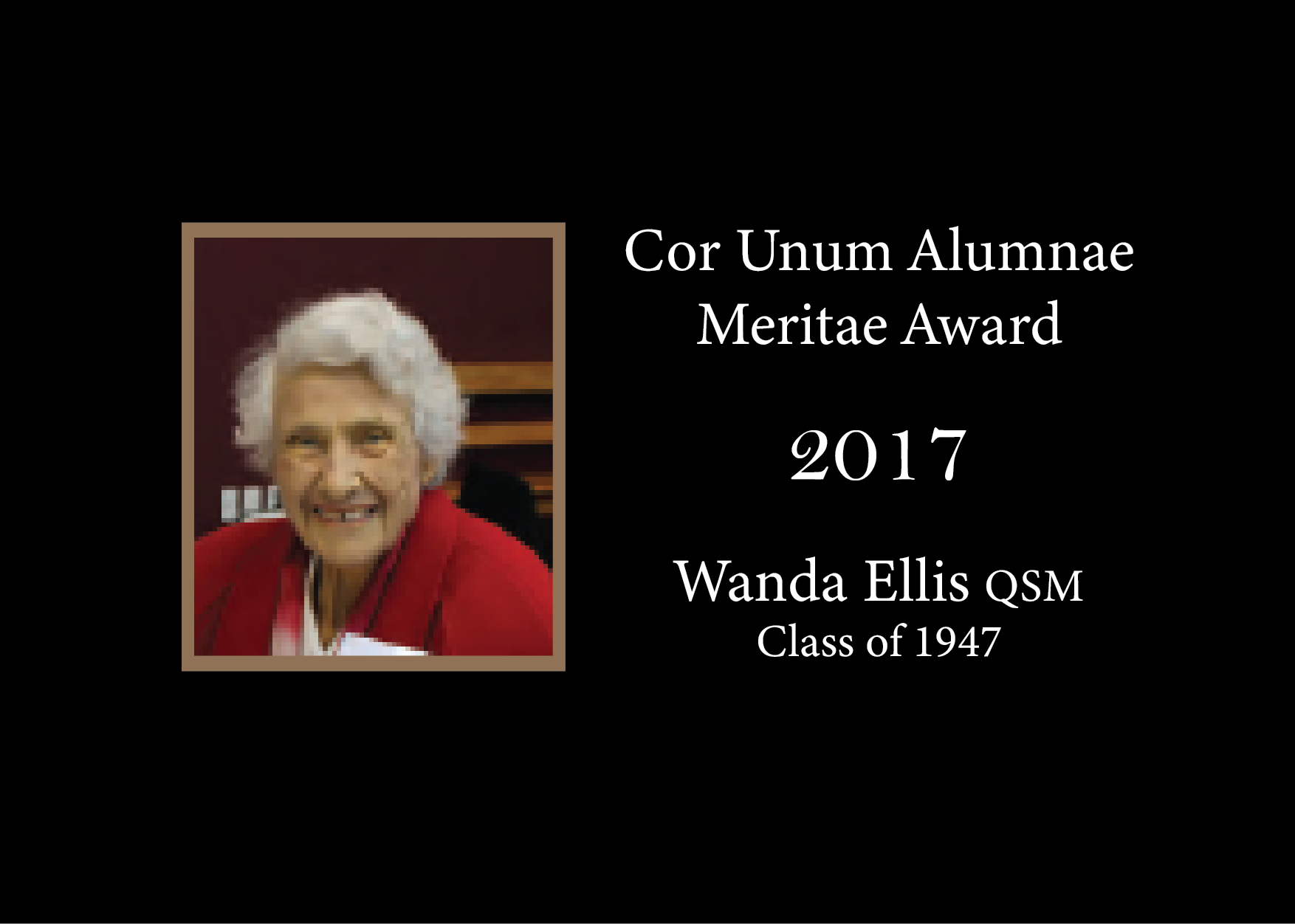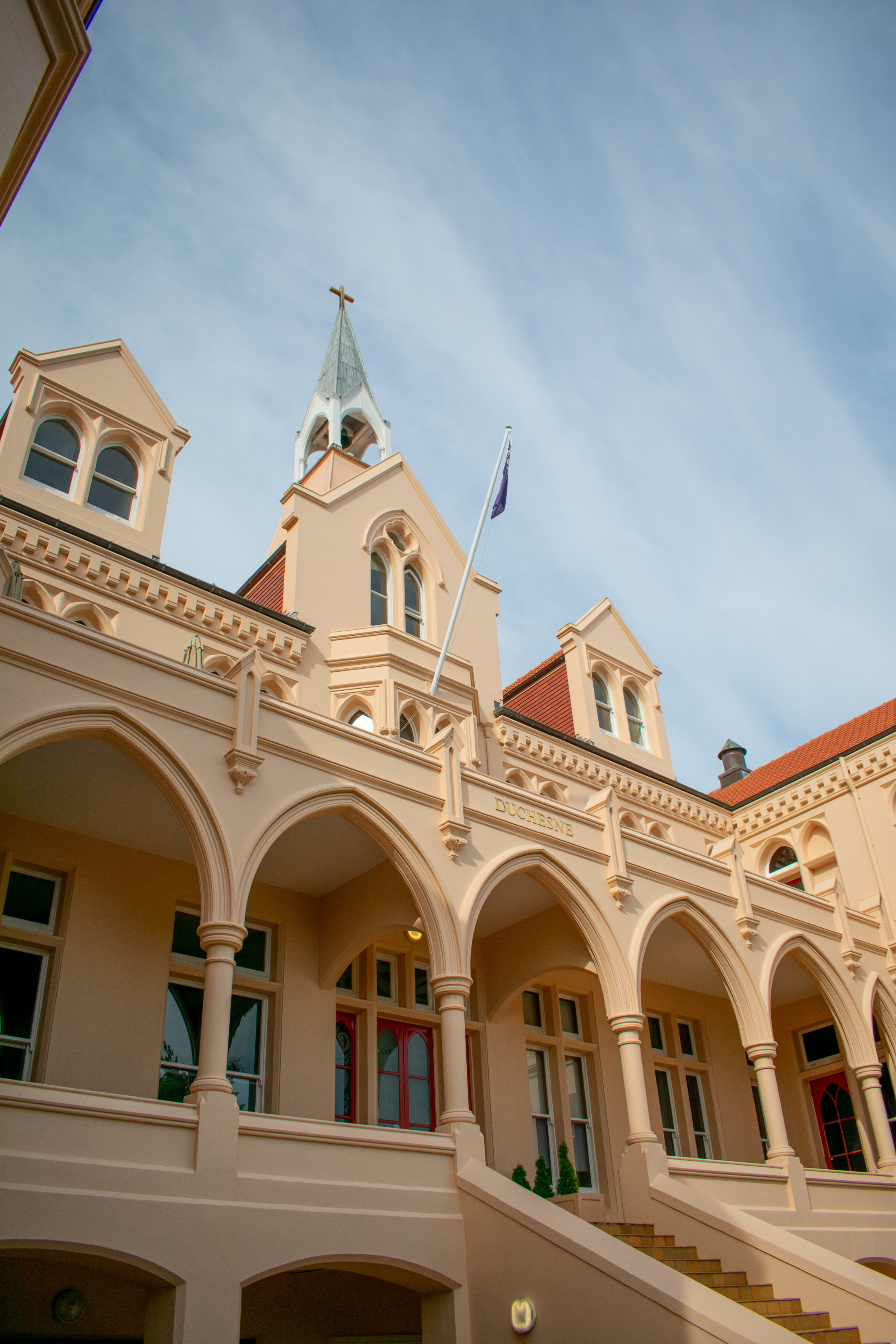Wanda Ellis, QSM

The fifth recipient of the Cor Unum Meritae Award, Helena Wanda Ellis, QSM, is an inspiration whose life has been characterised by service, faith, and courage in the face of tragedy.
Growing up in Poland in the days before the Second World War, Helena Wanda Ellis, known as Wanda, remembers a free, peaceful life as one of seven children. From her early years, the Catholic faith was an important part of her family life. Her father, Stanislaw Pelc, was one of only four people in their village who could read and write, and his talent for sculpting and painting was nurtured by an uncle, who was a Franciscan friar. After his Polish-Bolshevik War service, Stanislaw was awarded 18 acres of land in Wołyń, near the Russian border, where he and Wanda’s mother Stanislawa established a farm. An uncle came to live with the family, taking over the day-to-day running of the farm, which allowed Stanislaw to continue his work as an artist. During this time, he created many religious statues and carvings for various people and churches in the area, a visible manifestation of the Catholic faith the family held dear.
The family’s life was marred by tragedy, however. Wanda’s eldest brother, Jan, died of diphtheria before Wanda’s birth in 1928. And in the midst of Wanda’s happy childhood, as she grew older, the political situation in interwar Europe became more unstable and dangerous. In September 1939, following the German invasion of western Poland, Soviet forces invaded eastern Poland. On 19 February 1940, when Wanda was only 11 years old, Soviet soldiers entered her home and informed the family that they had one hour to gather warm clothing and bedding – they were among the 1.5 million Poles being deported. Wanda and her parents, her brother and sisters Jadwiga, Izabella, and Czesław, along with their uncle Gierard Szuba, were sent to a gulag – a forced labour camp.
Conditions were harsh, with little food, back-breaking labour, and disease rife among the prisoners. Wanda and her siblings were forced to attend school in camp, learning Russian and how “good” Communists behaved. The only picture on the wall of their schoolroom was of Joseph Stalin, whom the children were taught to revere in place of God – but Wanda’s sister Izabella commented that their father told them that God lived in heaven; you couldn’t see him, but he was there.” For her innocent remark, Stanislaw was taken away and interrogated all night.
When the family was released from the camp in 1941, they became refugees, advised to travel south to Tashkent in Uzbekistan. Sadly, Izabella had died in the gulag, so the family embarked on an almost worse journey than their first deportation with one less member. They ended up in a small village near the Persian border, living in mud huts called kibitkas. In February 1942, Wanda’s uncle Gierard died, and later that same year, Stanislaw also passed away at the age of 49. Wanda and her brother suffered from dysentery and lice. When Wanda was 13, she and her nine-year-old brother were sent to an orphanage in Ashgabat, Turkmenistan – a necessary move to avoid starvation.
Wanda’s mother and sister were still alive – but after refusing to accept forced Russian citizenship, they were imprisoned for two years. Meanwhile, Wanda and her brother were among 200 orphans who were moved to Persia, now known as Iran. As Polish refugees, they were transported to New Zealand along with more than 800 others – arriving in Wellington on 1 November 1944. The Polish Children’s Camp in Pahiatua became the children’s first home in New Zealand.
And this is where Wanda’s connection with Baradene College begins, as she was offered the opportunity to attend the Catholic boarding school of Sacré Coeur, as Baradene was then known, in order to learn English. Wanda arrived at Baradene on 5 February 1945, and for three years, she was cared for by the Sisters of the Society of the Sacred Heart, and settled into New Zealand life.
“The nuns were fantastic,” Wanda later wrote. “Mother Margaret Maher was in charge of discipline. Dear little Mother Mary, Power always carried a little box with a rubber band around it. We would go to breakfast after Mass, but she would make us say a prayer before we went.”
In 1946, Wanda learned that her mother and sister had been released from prison and repatriated to Poland, where they were reunited with Wanda’s two older sisters. As Poland was under Communist rule, Wanda and her brother Czesław were unable to return to live with their family. Wanda never saw her mother again, as she died in 1954.
In 1949, Wanda married Frank Power, adopting four children during their marriage. Sadly, their youngest child died from a heart problem when she was only a few months old. From 1954-55, the family lived in America, and during this time, Wanda began to speak about her experiences as a prisoner and refugee. In 1972, Wanda was finally able to visit her three living sisters in Poland.
In the 1960s, Wanda’s husband Frank was badly injured in a car accident and became paraplegic. After his death, Wanda met Tom Ellis, a widower with four children. They married in 1973. Tragically, Wanda’s beloved daughter Karen died in 2014 at the age of 53.
Wanda was one of the founders of the Auckland Polish Association and worked at St Peter’s College for 25 years, where she became the inaugural recipient of their Petrus Award in 1996. She was also the Knight’s Cross of the Order of Merit of the Republic of Poland in 2004 and the Siberian Cross in 2006, which commemorates the sufferings of the Poles who were deported to Siberia. In 2014, the Superior General of the Society of Christ Fathers for Poles Living Abroad recognised Wanda for the work she has done for the Polish community in New Zealand. In 2015, Wanda was awarded the Queen’s Service Medal for her services to the community.
Wanda’s life has been marked by tragedy and challenges, but is a testament to her resilience and also to the friendship, community, and security she must have found as a student at Baradene all those years ago. As the fifth recipient of the Cor Unum Meritae Award, her service for the good of the community is richly deserving of recognition by the Baradene Alumnae Association.
Wanda wrote “Baradene moulded me into what I am now and was the first step in me doing things the way they should be done, I wanted to be a good Catholic, friend, and neighbour. For all my life I regarded Baradene as another home. Those three years at Baradene were the beginning of my real life.”

